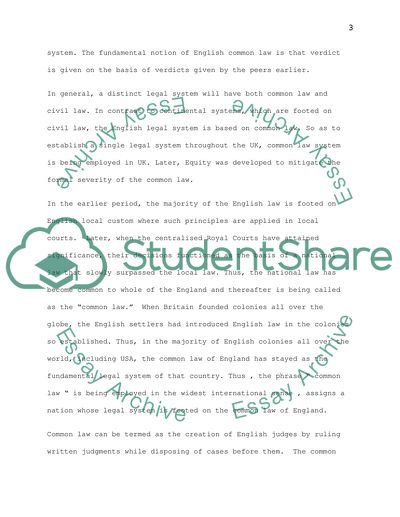Cite this document
(The Sale of Goods Act and the Restrictions of Contractual Research Paper - 1, n.d.)
The Sale of Goods Act and the Restrictions of Contractual Research Paper - 1. Retrieved from https://studentshare.org/law/1746648-international-business-law
The Sale of Goods Act and the Restrictions of Contractual Research Paper - 1. Retrieved from https://studentshare.org/law/1746648-international-business-law
(The Sale of Goods Act and the Restrictions of Contractual Research Paper - 1)
The Sale of Goods Act and the Restrictions of Contractual Research Paper - 1. https://studentshare.org/law/1746648-international-business-law.
The Sale of Goods Act and the Restrictions of Contractual Research Paper - 1. https://studentshare.org/law/1746648-international-business-law.
“The Sale of Goods Act and the Restrictions of Contractual Research Paper - 1”, n.d. https://studentshare.org/law/1746648-international-business-law.


